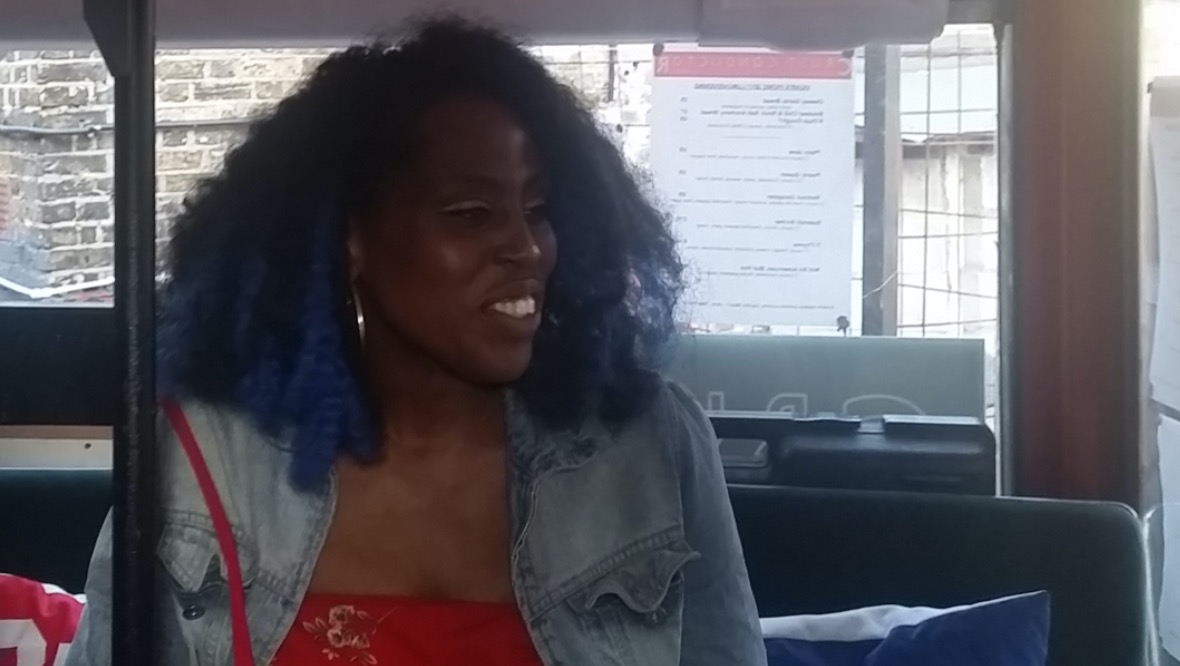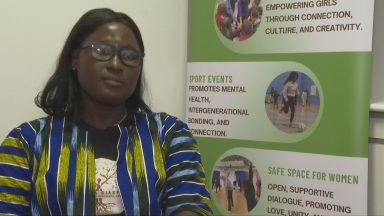We have been bombarded by articles covering Covid-19 over the last year and, while it is necessary, it’s important to spotlight how we can mentally escape the crisis.
Despite the negative reputation that it sometimes receives, gaming has provided much-needed respite for many.
Statista, a leading consumer and market data company, found that by March 2020 alone the number of people playing video games in the UK rose by 29%.
Whilst discussion has concentrated on the boom in the tech sector caused by home working, online meetings and video calling loved ones, the gaming sector has also seen a significant rise in users and income.
Mobile gaming saw a 50% rise, according to Facebook’s Games Marketing Insights 2020 survey of its platform.
Looking at 13,246 mobile gamers aged 18 and over, it found that new gamers (those who had not played games prior to the pandemic) had a significant role in the upturn.
As for why these new gamers turned to the pastime during the global pandemic, 62% said it was to relieve stress. Many people turned to video games to support them to stay indoors and deal with the frustrations of restrictions.
 Email
EmailMany associate video games with children and young people, and certainly there are plenty directed at this age group. However, a growing number are specifically created with adults in mind.
In fact, the majority of titles made for the PlayStation and Xbox consoles are for adults, and most gamers are aged between 16 and 24.
The second highest range is between 25 and 34, and the oldest gamers were 55+, according to Statista’s report on UK gaming by demographic 2013-2019.
There are persisting misconceptions about gaming, an assumption that they are unhealthy. On the contrary, evidence suggests they can improve hand to eye coordination, memory and attention and reduce brain ageing.
‘A lot of online games have massive communities in which you can find friends and groups to play with.’
Rosario Blue
Whilst sports and violence-related games often get the most advertising attention, the industry is hugely diverse.
Whether you like creative stories, building digital worlds or history, or you want to exercise your brain and learn something new, there are many options to choose from.
For those home-schooling children, which many parents are having to, there are great educational choices for the family.
Games can also provide a social fix to support our feelings of isolation.
A lot of online games have massive communities in which you can find friends and groups to play with.
 Pixabay
PixabayIt is critical we promote and support the people of Scotland to feel less isolated and lonely during lockdown restrictions. Gaming can be a way to create a safe social circle.
So many of us have been reliant on the internet and technology to stay connected, through video calling or needed technology to homeschool children.
However, we cannot do that with the current digital divide. Too many people cannot get online simply because they do not know how, and even more cannot afford the technology and monthly data costs to enable them to participate.
‘It is critical we promote and support the people of Scotland to feel less isolated and lonely during lockdown restrictions.’
Rosario Blue
The pandemic has highlighted how critical being online is for our livelihoods and for our health. In all of this gaming may sound frivolous but Scotland’s games development sector now contributes more than £99m to the UK’s GDP and is proven to support wellbeing, as already mentioned.
It is too important to sideline and too important for everyone not to have access to it, if they wish to.
Escapism is key right now, since we have little power over what’s happening to us.
This is in no way attempting to trivialise what we are all experiencing – the loss of precious life, the pain and grief, the uncertainty. But whether you want to explore new worlds or exercise your mind, and have access to sufficient data and appropriate equipment, try it out. I promise you will not regret it.
Rosario Blue
Rosario Blue is a writer and freelance journalist living in Scotland. She mainly covers tech and gaming, as well as music and culture.
Follow Rosario on Twitter and Instagram.
Pass the Mic
Pass the Mic works with women of colour who are experts in their field – educators, academics, researchers, campaigners, policy-makers, community activists, writers, workers, carers and many more.
It aims to make a tangible change across media in Scotland by increasing the representation of women of colour who participate in it, and by improving how women of colour and the issues that impact them are talked about.
For more information on Pass the Mic, click here.

 Pixabay
Pixabay


























